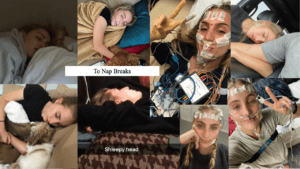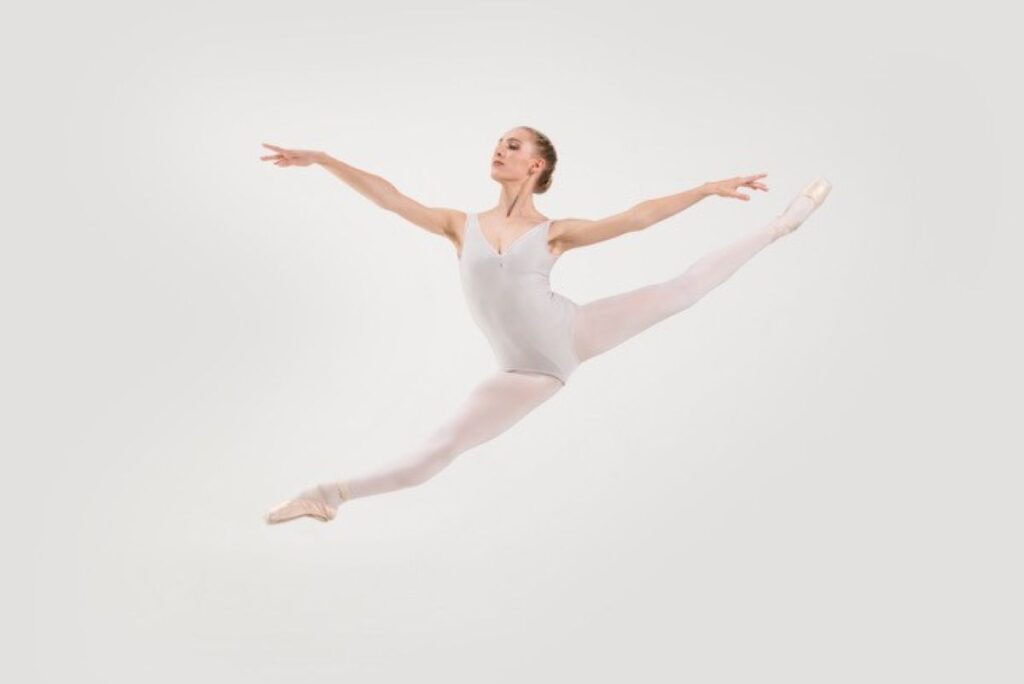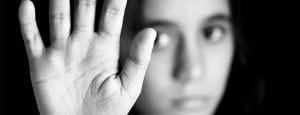 I was diagnosed with Type-1 narcolepsy when I was 20 years old. At the time, I was living in Germany, dancing as a professional ballet dancer in an opera house. It was supposed to be a dream come true, something I had worked for my entire life. But I started experiencing extreme fatigue, the kind that didn’t make sense for how active I was. I knew something was off.
I was diagnosed with Type-1 narcolepsy when I was 20 years old. At the time, I was living in Germany, dancing as a professional ballet dancer in an opera house. It was supposed to be a dream come true, something I had worked for my entire life. But I started experiencing extreme fatigue, the kind that didn’t make sense for how active I was. I knew something was off.
I flew back home to the U.S. to figure out what was going on, and that’s when I got my diagnosis: Type-1 narcolepsy. Not long after, my contract with the company ended. I packed up my tiny apartment in Leipzig and moved back into my childhood bedroom, trying to process what this new diagnosis meant and what the future would look like.
Even though I was lucky to get diagnosed fairly quickly, the treatment process wasn’t easy. I ended up switching doctors, eventually getting treated at Stanford. I got to a point where my symptoms were somewhat managed, but I was still told, “This is the best we have.” That was frustrating. It felt like I was expected to just accept that this would be my new normal.

At the time, I was still trying to dance, training with companies like Washington Ballet. But something had shifted. The brain-body connection I had trained so hard for just wasn’t there anymore. It was like my body and mind were out of sync, and dancing became harder and harder. Eventually, I had to let it go.
That loss hit me hard. I had spent my entire life building a career around dance, and suddenly I didn’t know who I was without it. On top of that, I had to figure out how to live with a chronic illness that most people don’t understand and often make jokes about. It felt isolating.
But over time, I started getting more involved in learning about narcolepsy and sleep research. That “this is the best we have” line pushed me to look into clinical trials and research studies. I joined my first one a few years after my diagnosis and have participated in several since. It’s been one of the most empowering things I’ve done, knowing that I’m helping push science forward, even if in a small way.

It’s been almost 10 years since I was diagnosed. I’m back in school now, studying to become a social worker with a focus on patient advocacy. I want to help people who are navigating the same system I had to figure out, especially those who feel dismissed or misunderstood.
One of the things I’m most proud of is creating a Reddit community specifically for women with narcolepsy. I started it because I noticed there wasn’t a space that really captured what it feels like to live with this condition as a woman. The community has grown, and it’s been so cool to see people connect, vent, support each other, and not feel so alone.
Living with narcolepsy is still hard. It affects every part of my life from my energy levels to how I plan my day to how I explain my condition to people who assume it just means I “sleep a lot.” Sometimes I feel like I’ve lost pieces of who I used to be, but I’ve also gained new parts of myself.
 I’ve become more compassionate, not just to others, but also to myself. I’ve learned how to advocate, how to ask questions, how to speak up. And I’m hopeful! Hopeful about new treatments on the horizon, and about the future I’m building.
I’ve become more compassionate, not just to others, but also to myself. I’ve learned how to advocate, how to ask questions, how to speak up. And I’m hopeful! Hopeful about new treatments on the horizon, and about the future I’m building.
I may not be dancing anymore, but I’m finding new ways to move through the world and contribute to something meaningful.







